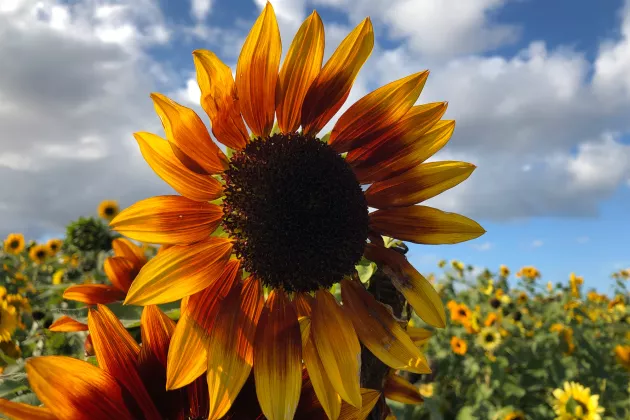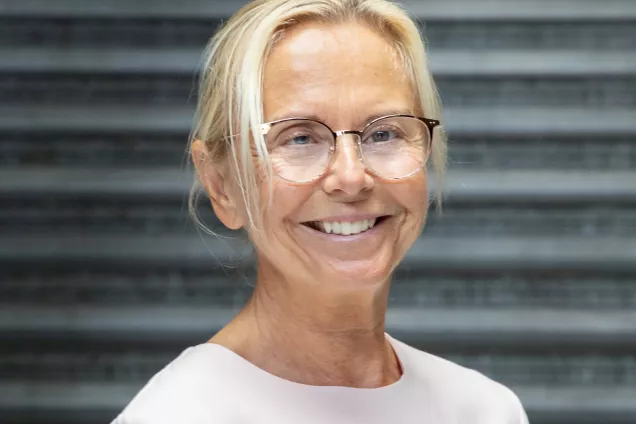Over the past two years, a lot of my time has been spent dealing with various crises in the world around us that affect us in one way or another. First came the Covid-19 pandemic, which is now finally subsides. As of 1 April, all restrictions will be lifted and all recommendations cease to apply.
However, the Covid-19 pandemic barely had time to subside before the next upheaval occurred. The war in Ukraine also impacts us as a University. We have set up an organisation to manage Ukraine-related issues at Lund University.
The ultimate unit is the Vice-Chancellor’s group for coordination of overarching issues and principles. This group meets once a week and consists of the University Management, LUS, the conveners of the working groups below and a press officer.
Alongside this is a coordination group for Ukraine-related issues within the central administration. This group is led by me and includes the conveners of the working groups, specialists in education, international issues, HR, research, external engagement, communication, IT, legal issues and security, and LUS (the students’ unions).
The coordination group deals with the issues that come in and works on the basis of identified risks, which are continuously updated. The risks are grouped according to five areas, each managed by a working group. The working groups are responsible for addressing urgent, operational issues within their area of responsibility, managing identified risks and assessing future risks.
The working groups are divided into five areas: education, research, HR, security (including IT and information security) and communication. Communication is included in all groups, but this group works on overarching communication issues.
The working group for research focuses a lot on issues regarding how we are to deal with researchers from Russia and Belarus in conferences, publications, collaborations and so on. Head of Division Björn Fagerström has explained that researchers from Ukraine are already arriving, where we have a funding solution in place. But the challenge is to manage all the practical matters, from employment, to housing, insurance, a functional life in Lund, etc. Here, we see a potential increase in researchers in the near future and we need to build up a better procedure for receiving them.
The working group for education is examining various solutions to the issues that come in. The University is in contact with various organisations in Ukraine to find solutions. A lot of work is being done both locally and nationally. LU’s External Relations Division is in continuous contact with our Ukrainian students in Lund as well as Ukrainian students who wish to come here.
Other activities relating to the war in Ukraine
The university-wide external website gathers articles on relevant research and researchers from the University from a Ukraine perspective: The war in Ukraine (lu.se)
At the time of the invasion, all Ukrainian students were contacted by email, as were our Russian and Belarusian students a couple of days later, with information about the support offered by the University.
On 17 March, an open event was held to support those affected. The event aimed to elucidate the situation in Ukraine through discussions and debate, from both a scholarly and artistic perspective, with the potential to support academic freedom and fleeing students and researchers by offering study and work opportunities.
Continuous discussions are underway with research funding bodies, the Association of Swedish Higher Education Institutions, the Ministry of Education and Research, the Swedish Migration Agency, donors and others, about how to support Ukrainian researchers and students.
Information for employees about Ukraine has been gathered on the Staff Pages, and on lu.se for students. A special email address for Ukraine-related issues has also been set up: ukraina [at] er [dot] lu [dot] se. Students are referred to studentreception [at] lu [dot] se if they have any questions.
/ Susanne Kristensson, University Director
Read more
- The war in Ukraine – information for staff
- Financing opportunities for Ukrainian researchers
- FAQs regarding researchers from Ukraine, Russia and Belarus



